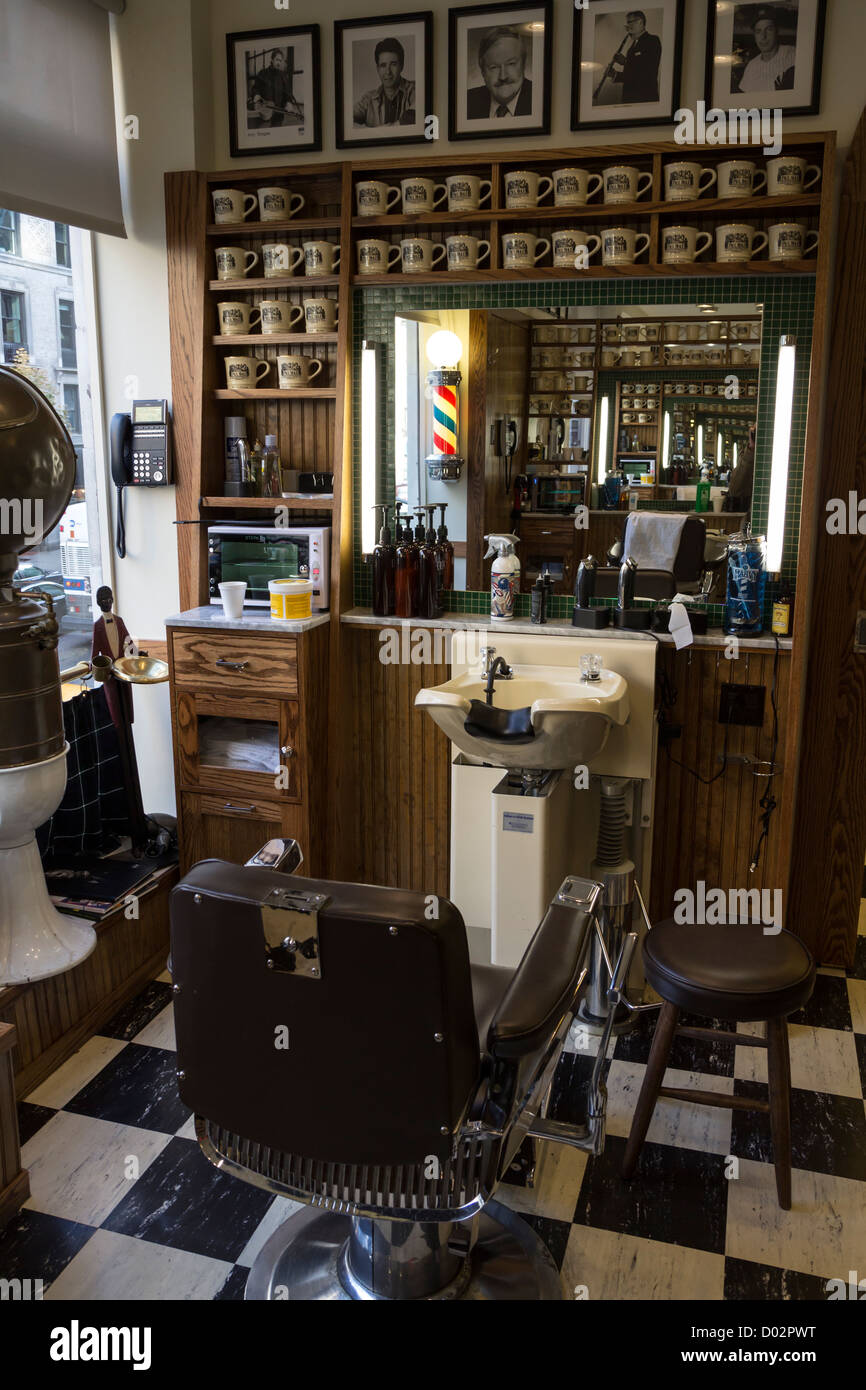Crucial Sanitation Practices All Barber Must Avoid for Maximum Client Protection
Crucial Sanitation Practices All Barber Must Avoid for Maximum Client Protection
Blog Article
Upholding adequate hygiene remains crucial in any profession that entails personal interaction among clients, especially within the barbering industry. Barbers hold an important role in assisting people appear and feel the best, however this duty comes alongside the necessity for rigorous sanitary protocols. In the interest of the safety of customers and stylists together, there are numerous essential sanitary practices that should be prevented. Understanding these practices may help guarantee a clean and secure environment in barber shops.
One of the common common hygiene mistakes barbers should prevent is the recycling of individual styling instruments without adequate cleaning. Instruments such as scissors, trimmers, and combs can harbor germs and pathogens if they are not cleaned after each application. Barbers should consistently disinfect their instruments with suitable cleaners or wipes between customers. Neglecting to do so might lead to the spread of diseases, which can have grave consequences for clients. Creating a schedule for cleaning and sanitizing tools is not just a recommended protocol; it is a vital aspect of upholding a secure operational setting.
Another habit to prevent is overlooking to clean hands regularly. Barbers engage with various customers in a single day, and their hands can easily pick up germs and pathogens. It is crucial for stylists to wash their hands meticulously with detergent and water before and after every client. Additionally, using hand sanitizer can be an efficient method to further minimize the spread of pathogens. Neglecting this step can compromise customer security and may result in infections or ailments that could have been easily prevented.
Proper cleanliness of the barber visit page shop setting is also critical. Barbers should refrain from ignoring surfaces that are often handled, such as seats, work surfaces, and lounge area seats. These surfaces should be cleaned and sanitized regularly to minimize the risk of contamination. Creating a disinfection routine can help barbers maintain a hygienic environment. This practice not only protects clients but also improves the general experience, making clients feel more comfortable and appreciated.
Additionally, stylists should avoid utilizing items that have not been stored or handled correctly. Hair items such as gels, sprays, and oils can turn contaminated if they are left unsealed or incorrectly stored. It is important for stylists to check expiration labels and to keep products in a chilly, dry place. Throwing away any outdated or suspicious products click here to find out more is vital to guarantee customer well-being. Utilizing contaminated items can cause to skin irritations or hypersensitivity reactions, which can damage a stylist's credibility and harm clients.
In, barbers have a responsibility to maintain high levels of sanitation to ensure the well-being and health of their customers. By preventing the reuse of unsterilized tools, neglecting hand hygiene, ignoring surrounding cleanliness, and using inappropriately kept items, stylists can create a safe and inviting environment. Understanding and implementing these critical sanitary practices not only protects customers from infections but also cultivates trust and loyalty. A clean barber shop is a successful barbershop, in which both stylists and clients can experience confident and secure.